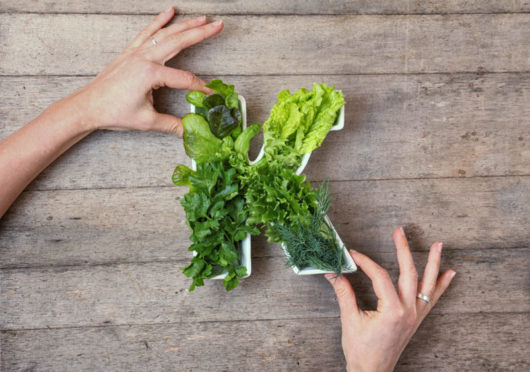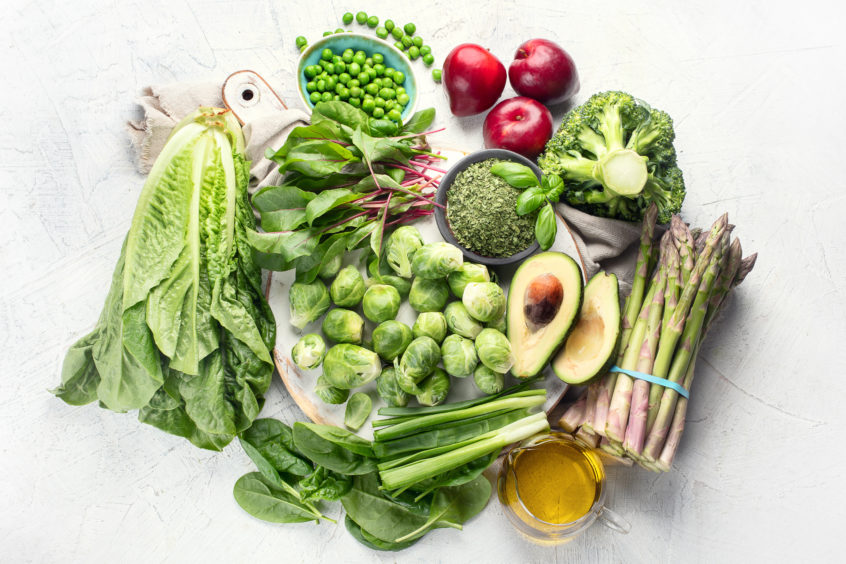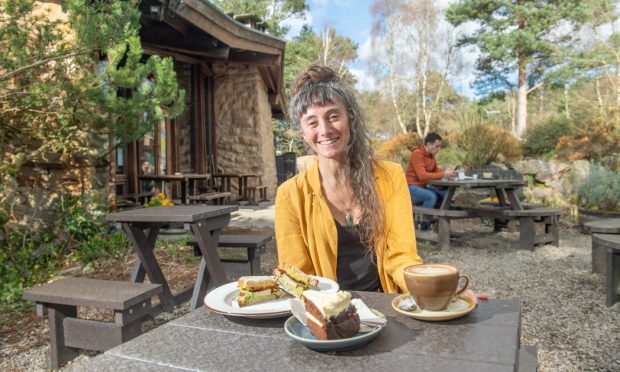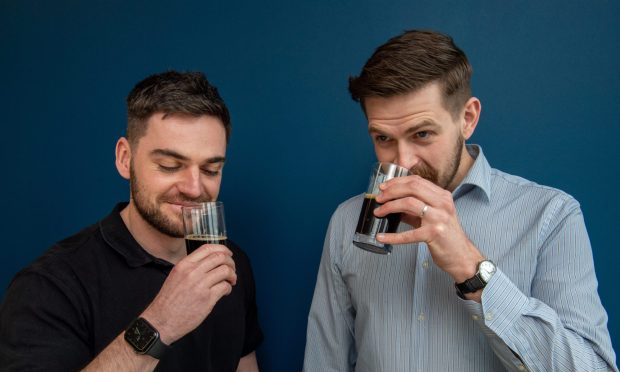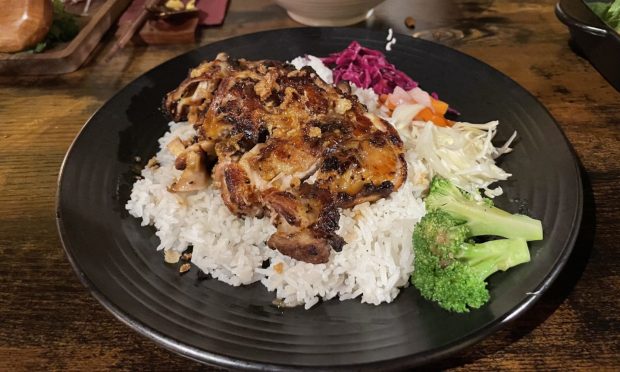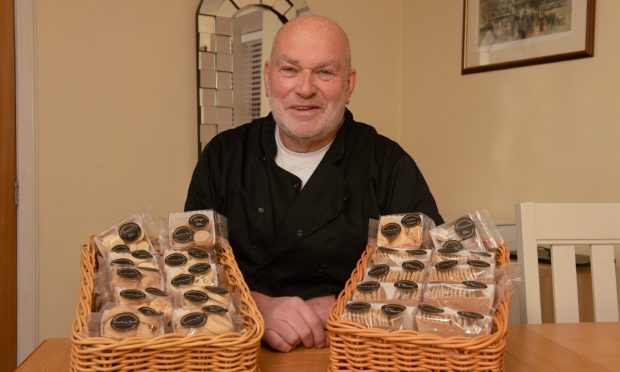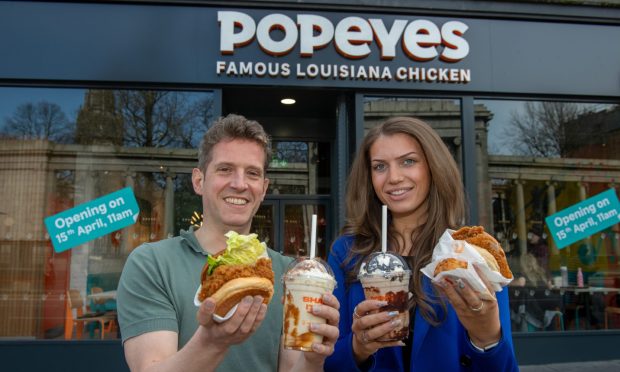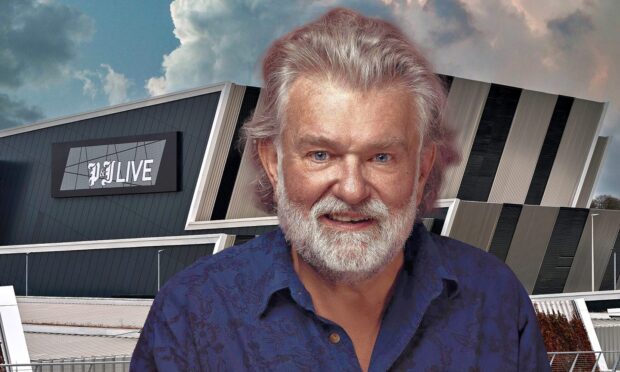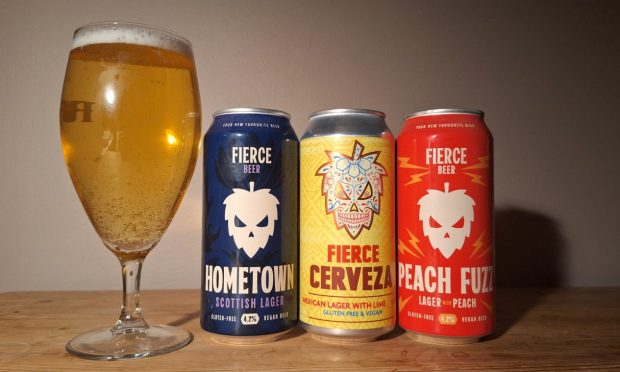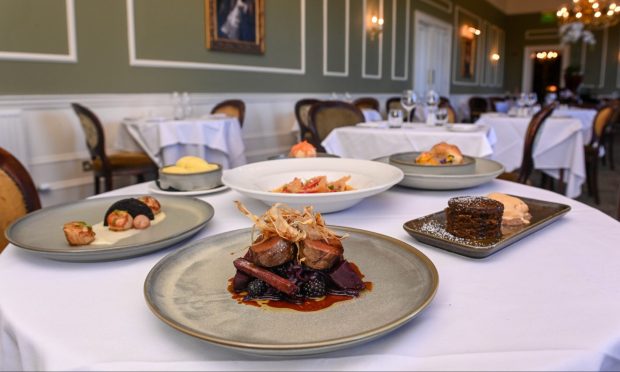With the often-overlooked vitamin now under the spotlight due to its blood-thinning properties, we look at the food sources and the science behind the latest discovery.
There have been many different reports over these past few weeks relating to how nutritional deficiencies may increase risk from coronavirus.
The latest to come under the spotlight is a shortage of vitamin K, which Dutch scientists believe may have contributed to deaths from Covid-19 of patients in intensive care.
The coronavirus causes blood clotting and it is thought that Vitamin K supports the production of proteins that can help thin the blood and protect against lung disease.
Fife-based nutritionist Louise Blanchfield, who is trained in nutritional therapy and has a degree in neuroscience, says vitamin K has multiple benefits which can only really be reaped through food sources and not through supplements, which could have the opposite and, in some cases, a detrimental effect.
She said: “Vitamin K has come to the forefront of our attention recently because of its effect to do with blood clotting. They’ve noticed that people with coronavirus seem to have this sticky blood, meaning their clotting mechanisms aren’t working properly. Vitamin K is the main vitamin that is involved in encouraging normal blot clotting.
“People need to be careful with it and not just go out and start buying vitamin K supplements, unless advised otherwise by a doctor, because it’s a fat-soluble vitamin so can reach toxic levels in the body, but anyone who is on any blood-thinning medication absolutely shouldn’t supplement with it because it could cause bleeding.
“Eating foods that are rich in vitamin K is the best way as your body is better able to absorb what it needs.”
Many of the foods containing vitamin K, including hard and blue cheeses, are likely to be in our diets already, though for people with conditions that include gut absorption problems, its impact may not be quite as effective.
“It’s very rare for people to be deficient in vitamin K. We can get it in eggs, spinach, broccoli, some other fruits and vegetables,” said Louise.
“There are certain cheeses that have vitamin K as well, though mainly we get our intake from green leafy vegetables, and then it’s converted to a more absorbable form by your gut bacteria.
“Your gut bacteria is pretty important in this as well because that’s how we absorb it properly and means it is very rare for anyone to have a full deficiency.
“The only exceptions to this is if you have a condition that means you have poor absorption in the gut, such as people with Coeliac disease or cystic fibrosis. They are likely to have problems with absorbing nutrients in the gut and are more at risk of lower levels of vitamin K.”
There has been some evidence to suggest that eating foods rich in vitamin K is likely to be beneficial in fighting the effects of coronavirus.
Louise said: “Scientists have recently been looking at places in the world where vitamin K is commonplace and where people have high levels of it in their diet and noticing there weren’t as many Covid-19 deaths in these places.
“For example, in Japan, they have a thing called natto which is made from fermented soybeans from a region of Japan, and they noticed there were no deaths whatsoever in the areas where this is consumed in large quantities.”
It doesn’t just work by itself, with much of the vitamin’s impact occurring when it comes into sync with other minerals and nutrients, such as Vitamin D.
“What we know about vitamin K is its effect on blood clotting but what we often ignore is its impact on bone density,” says Louise. “It actually activates a protein that promotes the accumulation of calcium in the bones.
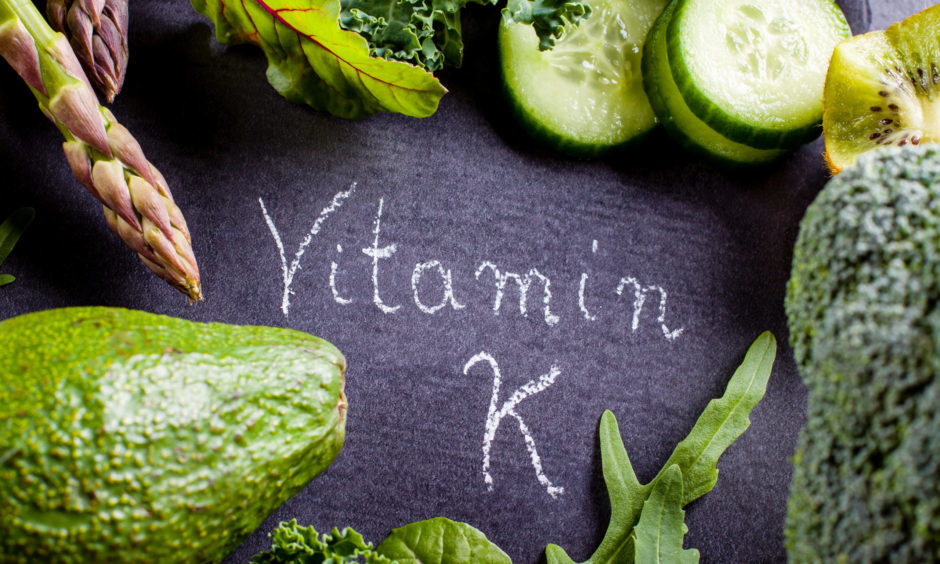
“It works in partnership with vitamin D, which regulates the calcium levels in the blood, while vitamin K activates the protein, then the calcium is absorbed into the bloodstream.
“It’s very beneficial for anyone that’s got osteoporosis because it increases bone density and decreases the number of fractures that they get from it. But the link to coronavirus is the vitamin’s impact on bloodclotting.
“Vitamin D is also important with reducing the impact of coronavirus and it’s important that the two vitamins work together and support one another. There’s been lots of research done over the years about if you have high levels of one and low of another whether they still balance each other out and can work together.”
As vitamin K requires us to maintain a balanced diet, it is important that newborn babies, who don’t have the required gut bacteria needed to absorb it, are given some as soon as they are born.
Louise says: “It’s a fat-soluble vitamin, meaning you need to be eating fat in your diet at the same time or you won’t absorb it properly, which is why it’s given to newborns as an injection.
“If babies are born naturally they emerge with some mucus on their face which forms the basis of their gut bacteria, but it’s not in sufficient enough quantities for them to have Vitamin K to produce, which is why they’re given an injection of it.”
Further reading…
Coronavirus: Why the pandemic has to be a wake-up call for Scots when it comes to diet
